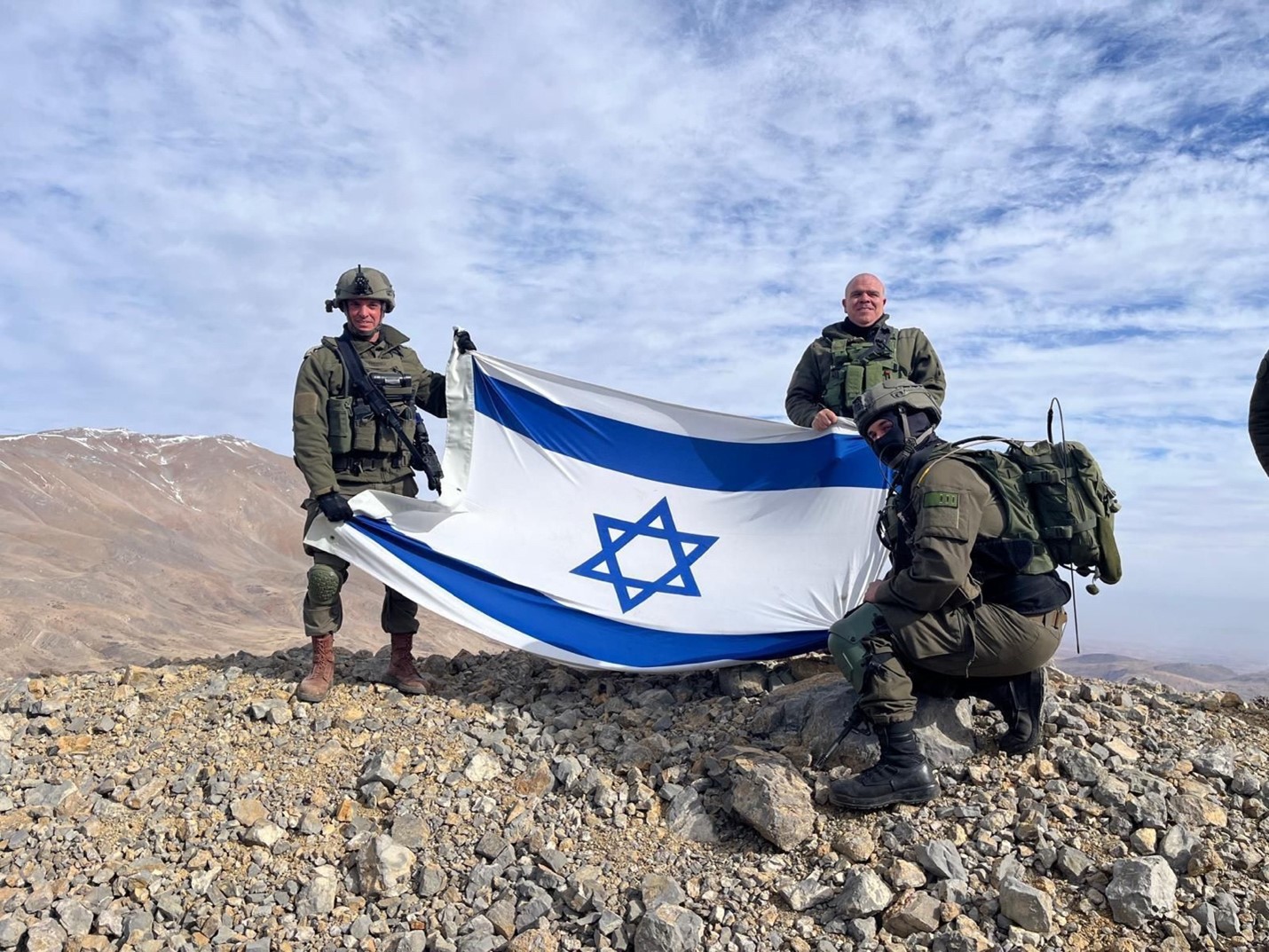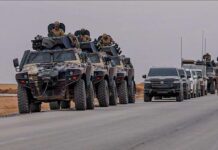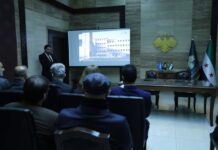
Israel has intensified its military aggression in Syria, launching airstrikes and expanding its occupation of key territories, including strategic water resources, as the country grapples with recovery following 14 years of war. The recent actions, which include the seizure of the Al-Mantara Dam in Quneitra and dozens of other military positions, have drawn condemnation for exploiting Syria’s weakened state.
Occupation of Strategic Water Resources
Israeli occupation forces took control of the Al-Mantara Dam in southern Syria on Thursday, further extending their reach into the Quneitra countryside. The dam, the largest in the region, is a critical water supply for the governorate. Activist Saeed Al-Muhammad told The New Arab that the occupation army has prohibited civilian movement in the area “without permission” and established new military points, raising fears of an impending water crisis.
“The occupation of the Mantara Dam is the most dangerous event in recent days,” Al-Muhammad said, emphasizing its significance to the region’s water security. He warned that tensions in Quneitra could escalate unless the UN intervenes to compel Israel to retreat to the 1974 borders.
Israeli forces have established 12 military positions in Quneitra within the last 25 days, including on Mount Hermon, a vital source of water for Damascus and its southwestern countryside. The incursions also extend to the villages of Rasm al-Rawadhi, Umm al-Azam, and Sad al-Mantara, among others.
Airstrikes & Infrastructure Destruction
Israeli airstrikes have escalated significantly since the Syrian Transitional Government (STG) assumed power on December 8. On Thursday, Israeli jets bombed the Al-Safira Scientific Research Center and Defense Laboratories near Aleppo, triggering massive explosions. According to the Syrian Observatory for Human Rights (SOHR), these raids were part of 498 airstrikes targeting Syrian military installations, airports, and research facilities in the past month alone.
A resident of Al-Safira described the force of the blasts to AFP: “The strong blows caused an earthquake in Safira. Doors and windows were blown open. It was the strongest blow I have ever heard in my life.” The shock waves even shook homes and shelters in IDP camps along the Syrian-Turkish border.
Israeli forces have also reportedly destroyed 80% of Syria’s military capabilities, including warplanes, missile systems, and weapons depots, effectively crippling the country’s defense infrastructure.
Expanding Occupation of Southern Syria
In addition to airstrikes, Israeli forces have intensified their occupation of territories in southern Syria, including the Golan Heights. Recent incursions into Quneitra and Daraa have resulted in the seizure of government facilities and military outposts. Local sources reported that Israeli tanks advanced into Al-Baath City, expelling employees from government buildings and hoisting the Israeli flag on occupied structures.
Residents have expressed outrage at the expanding occupation. “The occupation’s claims of temporary points are unacceptable,” Al-Muhammad said, pointing to Israel’s long-standing strategy of annexing territory under the guise of security.
Predatory Timing Amid Syria’s Fragility
Analysts have criticized Israel’s actions as predatory, taking advantage of Syria’s current vulnerability during its transition from years of conflict. The country is struggling to rebuild its military and infrastructure after over a decade of war, leaving it unable to repel such aggression.
Despite a moderate tone from the new Syrian administration, including calls for stability and regional cooperation, Israel has continued to justify its actions as “defensive.” However, activists argue that these incursions are more about consolidating power and control over resources than addressing security concerns.
Calls for International Intervention
The intensification of Israeli attacks has sparked calls for international intervention to curb the aggression and protect Syria’s sovereignty. Continued inaction could lead to a humanitarian crisis. “The people of Quneitra will not tolerate being besieged and deprived of water,” he said.
As Syria works to rebuild under its transitional government, the Israeli occupation and relentless airstrikes pose significant obstacles to stability and recovery. The international community’s response – or lack thereof – will likely determine whether Syria can emerge from the shadow of war and occupation.








